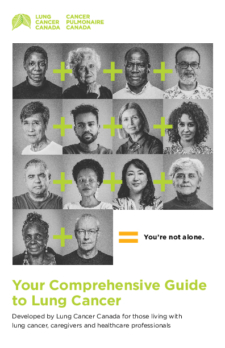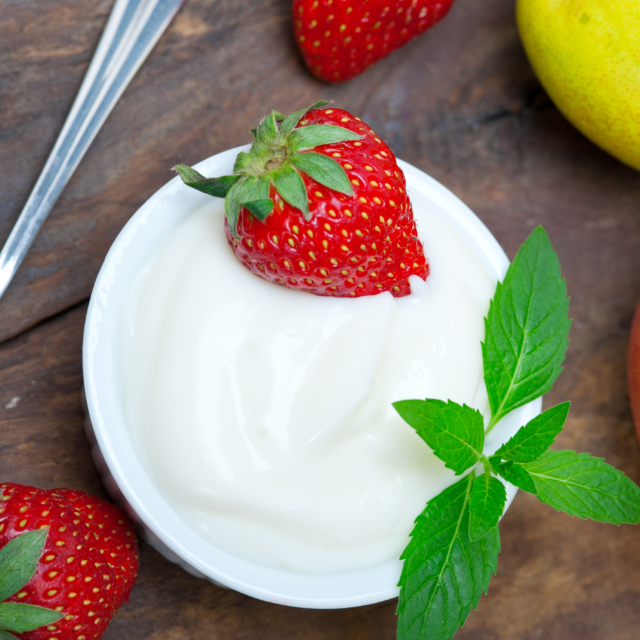Nutrition and Lung Cancer
Your body will need a lot of energy to deal with the effects of lung cancer and its treatments. During this time, it is important that you eat well and stay hydrated. This may be hard to do as you may feel that you do not have enough energy, appetite or time to keep up with your nutritional needs. However, it is critical that you maintain your strength and proper nutrition will assist with this. Planning ahead will make it easier to get through the periods when you will not have the energy to grocery shop or cook. You can prepare meals and freeze them or stock up on ready made frozen dinners before your treatment. These meals should be mild in flavour and soft, in case you have side effects like a sore throat, mouth sores or an upset stomach. During treatment, accept or ask for help from your loved ones, together, you can make a list of tasks they can do to assist you.



